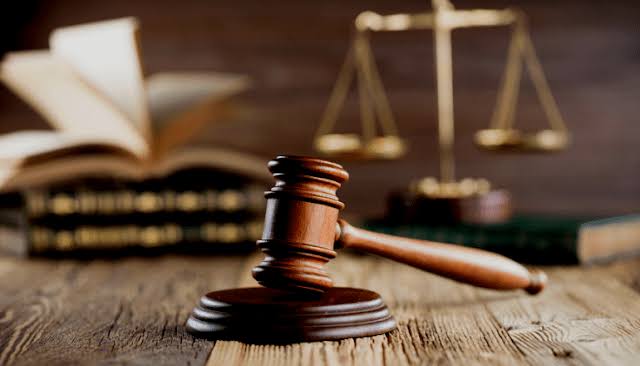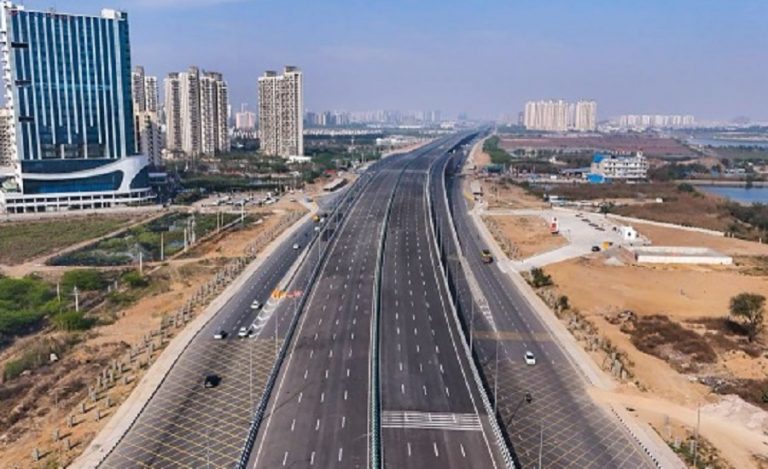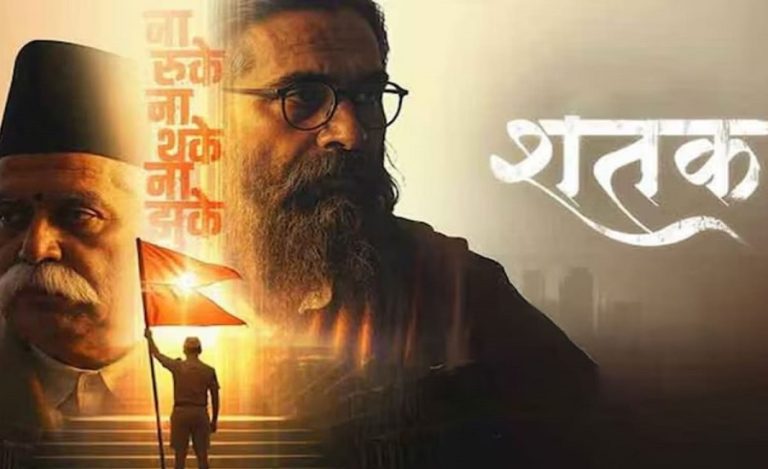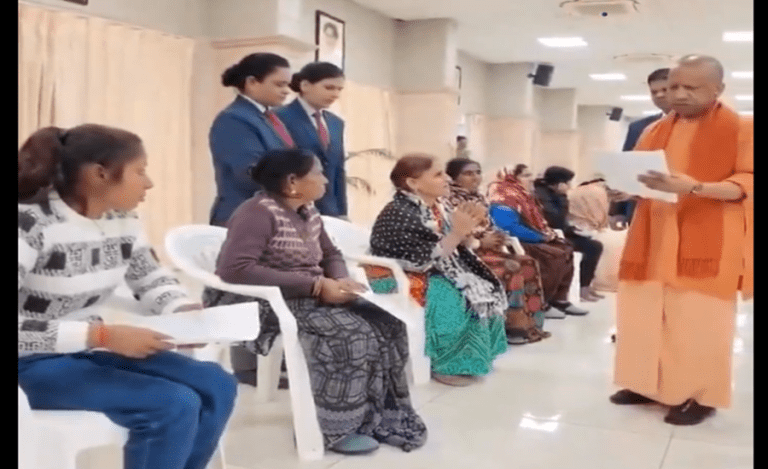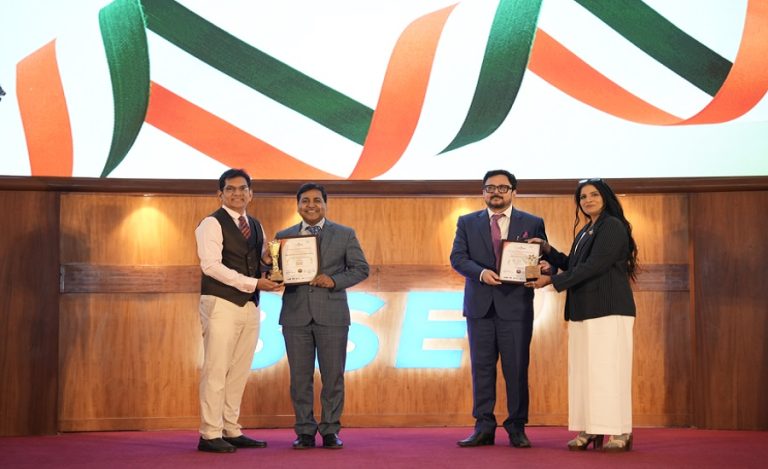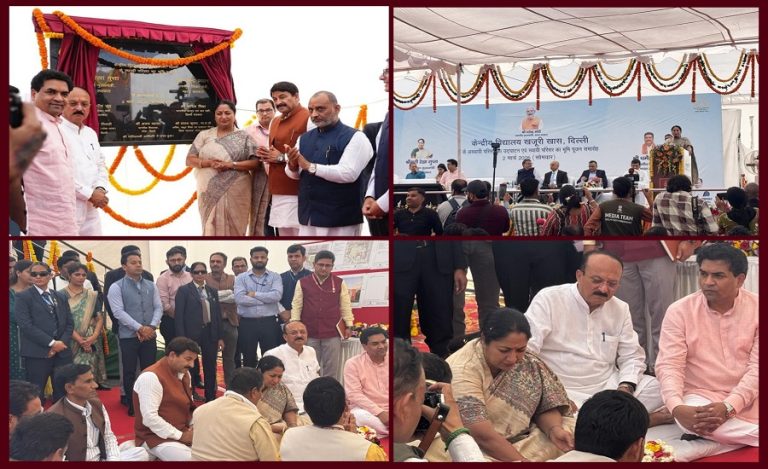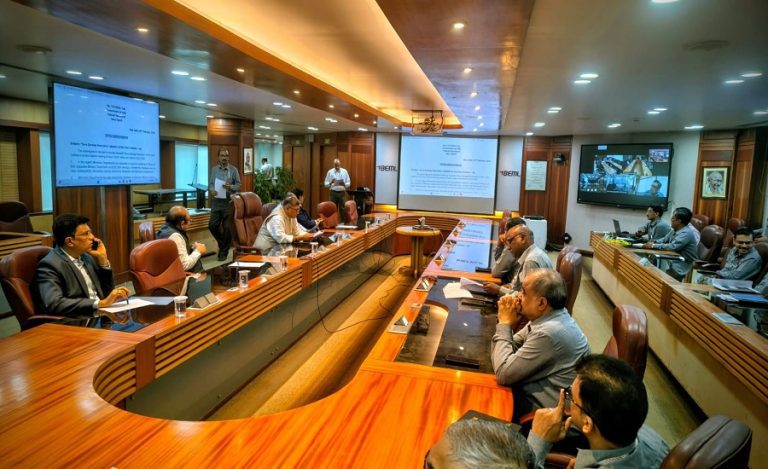New Delhi: The path to becoming a constitutional court judge has become significantly more challenging for lawyers, a stark contrast to the relative ease of just a few decades ago. Previously, a recommendation from a High Court collegium to the three-member Supreme Court collegium, headed by the Chief Justice of India (CJI), almost guaranteed an appointment. However, recent changes in the selection process have drastically reduced the success rate of recommended candidates.
The main shift in the process came with the introduction of personal interviews for candidates recommended by High Court collegia. This new system was implemented by CJI Justice Sanjiv Khanna, in consultation with Justices B R Gavai and Surya Kant. The idea behind this change was to better assess the suitability of candidates for judgeship in a constitutional court. This shift has led to a sharp decline in the success rate, from around 90 percent to less than 50 percent in recent months.
The introduction of interviews comes in response to increasing concerns over the quality of judgments delivered by some High Court judges and allegations of corruption. The move aims to ensure that only those most suitable are appointed to high judicial office.
The new system’s impact is clear, as evidenced by the latest round of interviews. A total of 101 candidates were recommended by the collegia of 12 High Courts, including Andhra Pradesh, Allahabad, Bombay, Calcutta, Delhi, Gujarat, Manipur, Orissa, Patna, Rajasthan, Telangana, and Uttarakhand. However, after rigorous interviews by the Supreme Court collegium, only 49 were deemed suitable for appointment as High Court judges.
This development marks a significant change in the judicial appointment process, emphasizing merit and suitability over recommendations alone. The impact of this new procedure is expected to be far-reaching in shaping the future of India’s judiciary.

